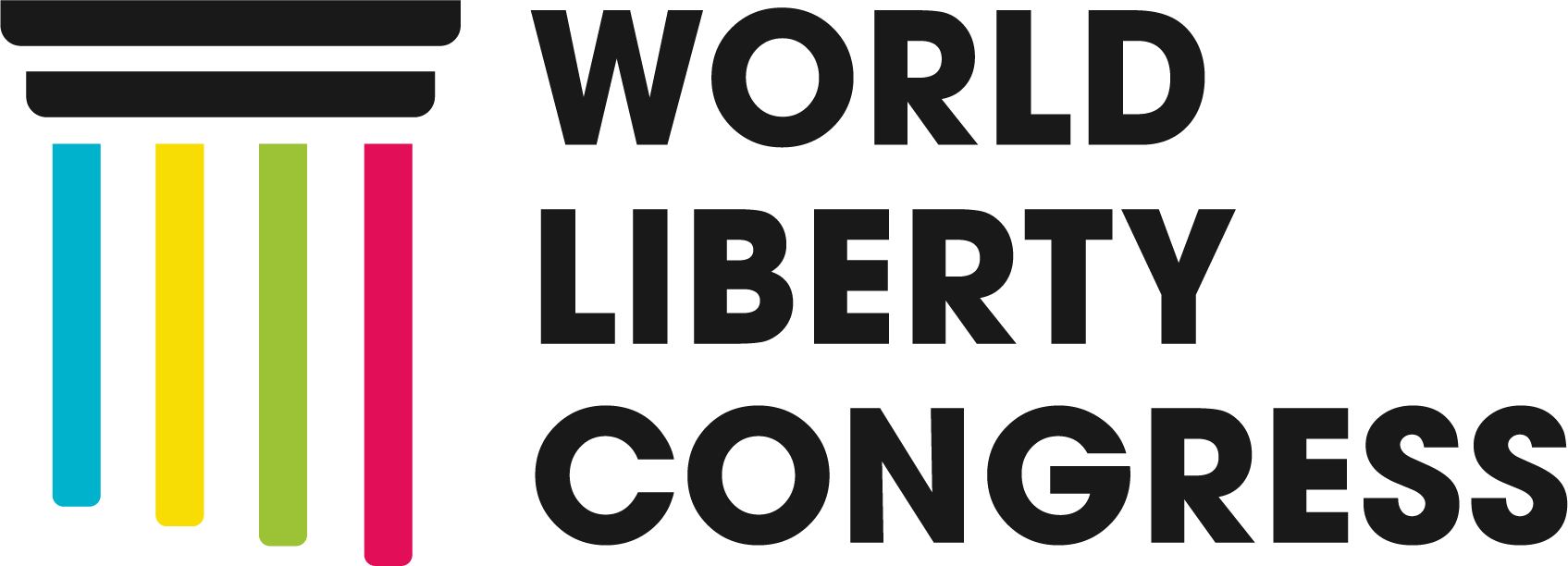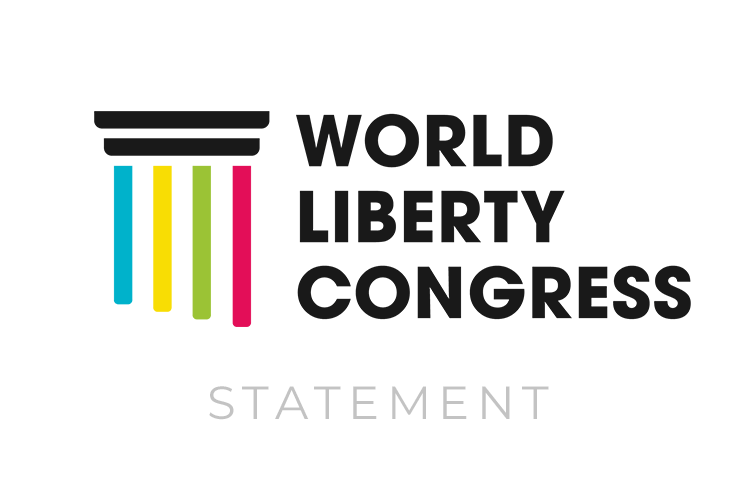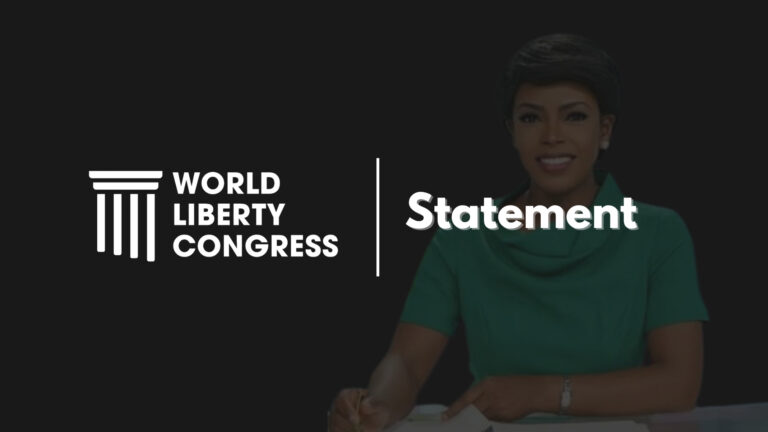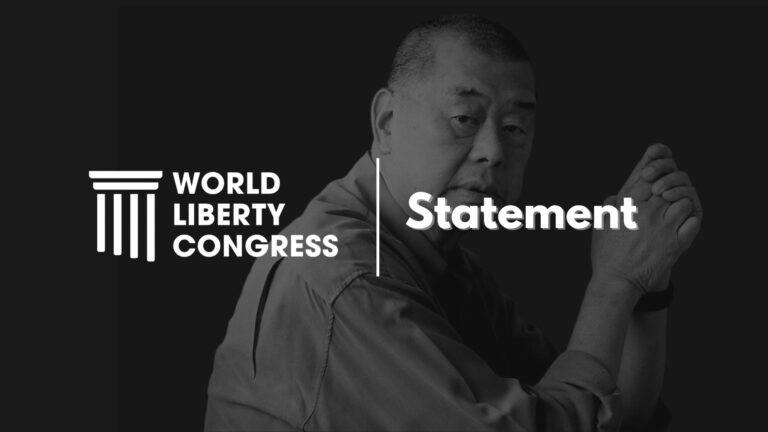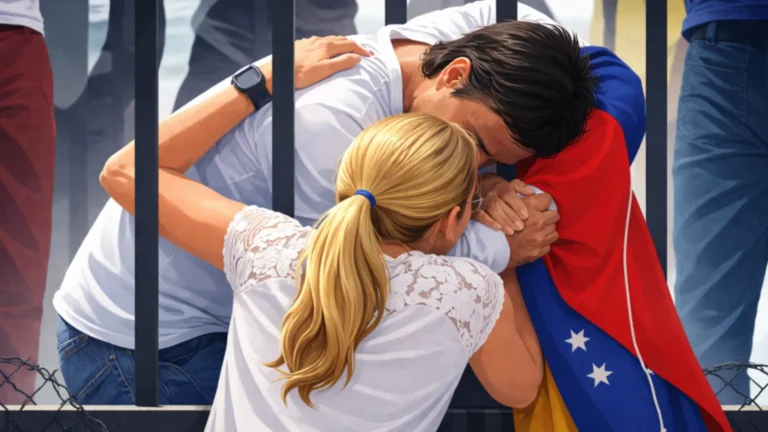We firmly believe that it is unacceptable and morally reprehensible for democratic countries to collaborate with authoritarian and dictatorial regimes that provide economic, political, and military support to Putin’s regime, thereby prolonging his longstanding war against Ukraine, and that quash opposition voices, including through methods of transnational repression.
We note with great concern that, despite international sanctions, the Russian economy has demonstrated resilience, with a forecasted rate of GDP growth of 2.2% in 2023, according to the International Monetary Fund. This has allowed Russia to increase its military spending from 86 to 100 billion US dollars in 2023, and in 2024 to 110 billion US dollars, despite unprecedented international sanctions. At the same time, Ukraine’s military budget in 2022 was 44 billion US dollars, and in 2023 increased to only 46 billion US dollars; in 2024, it will in fact decrease, to 40.7 billion US dollars.
Moreover, at a summit of the Eurasian Economic Union on May 25, 2023, held in Moscow, with the participation of the following dictators and autocrats: Vladimir Putin, Kassym-Jomart Tokayev, Alexander Lukashenko, Sadyr Japarov, Nikol Pashinyan, Ilham Aliyev, Shavkat Mirziyoyev, and Emomali Rahmon. They publicly formulated a strategic trajectory, aimed at further evading Western sanctions and creation of new transport and logistics pathways for Russia.
The overarching objective is to minimize the effect of sanctions on Russia, to lessen its economic dependence on the West, and to ensure the requisite resources for its long and grueling war against Ukraine. Two key points emerged from the summit: 1) an emphasis on constructing industrial cooperation with Russia and Belarus for the joint production of goods that Russia and Belarus have been importing by circumventing the sanctions, and 2) the central role of the countries of Central Asia as logistical hubs for Russia and Belarus in their efforts to circumvent sanctions.
Currently, Russia, the countries of Central Asia, Azerbaijan, China, and Iran are reconfiguring their logistics routes (forming an “Axis of Evil”), in order to reorient Russian export infrastructure to Iran, Pakistan, India, China, and countries of the South-East Asia. Well-known routes include the International North-South Transport Corridor through the Caspian Sea to Iran and onward to India, the railroad route encompassing Russia, Kazakhstan, Azerbaijan, and onward to Iran, as well as the transport corridor traversing East Kazakhstan en route to China. These initiatives underline the extent to which the countries of Central Asia and Azerbaijan serve as conduits for Russia’s and Belarus’ strategy of evading sanctions.
We see the situation as critical and requiring immediate action, and turn to democratic governments worldwide with a call to change their approach to introducing sanctions:
1) the sanction regime must achieve the key goal: blocking the economic and military potential of Russia, facilitated by military and economic institutions like the Collective Security Treaty Organization and the Eurasian Economic Union, which allow it to finance its long-running war against Ukraine;
2) sanctions must be developed based on demonstrated effectiveness in curtailing Russian economic and military potential, and similarly, in preventing leaders of third-party countries from supporting Russia’s evasion of international sanctions; and
3) the effectiveness of sanctions hinges on their prompt implementation; thus, immediate action is necessary to prevent Russia and its “Axis of Evil” from undermining the collective efforts of the democratic community to halt the war in Ukraine.
We call on civil society and opposition in Africa, Latin America, the Middle East, and Asia, and particularly in Iran and India, to support us in our efforts to expose the collaboration of authoritarian and dictatorial regimes in circumventing international sanctions, evading accountability for human rights violations, engaging in transnational repression of dissenters, and to include these issues on their agenda.
The full-scale Russian invasion to Ukraine has not only eroded international donors’ already limited support for civil society in authoritarian or dictatorial regimes like Azerbaijan, Turkmenistan, Tajikistan, Kazakhstan, and Uzbekistan, but it has also compelled Western democracies to perceive these regimes as “acceptable” or “alternative” partners in the context of the Ukraine conflict. This decline in institutional support from Western donors and political backing from democratic governments has left civil society in the region vulnerable, emboldening dictators and their associated oligarchs. Consequently, they continue with impunity to perpetrate large-scale human rights abuses and assist in circumventing international sanctions, thereby bolstering Russia’s economic and military capabilities.
In light of these dire circumstances, we urgently implore democratic governments and Western donors to reassess their policies and significantly boost financial and political assistance to civil society in Eastern Europe, the South Caucasus, and Central Asia’s authoritarian countries. Such action is paramount to effectively confront and overcome these pressing challenges facing us all!
9 November 2023,
Vilnius, Lithuania
